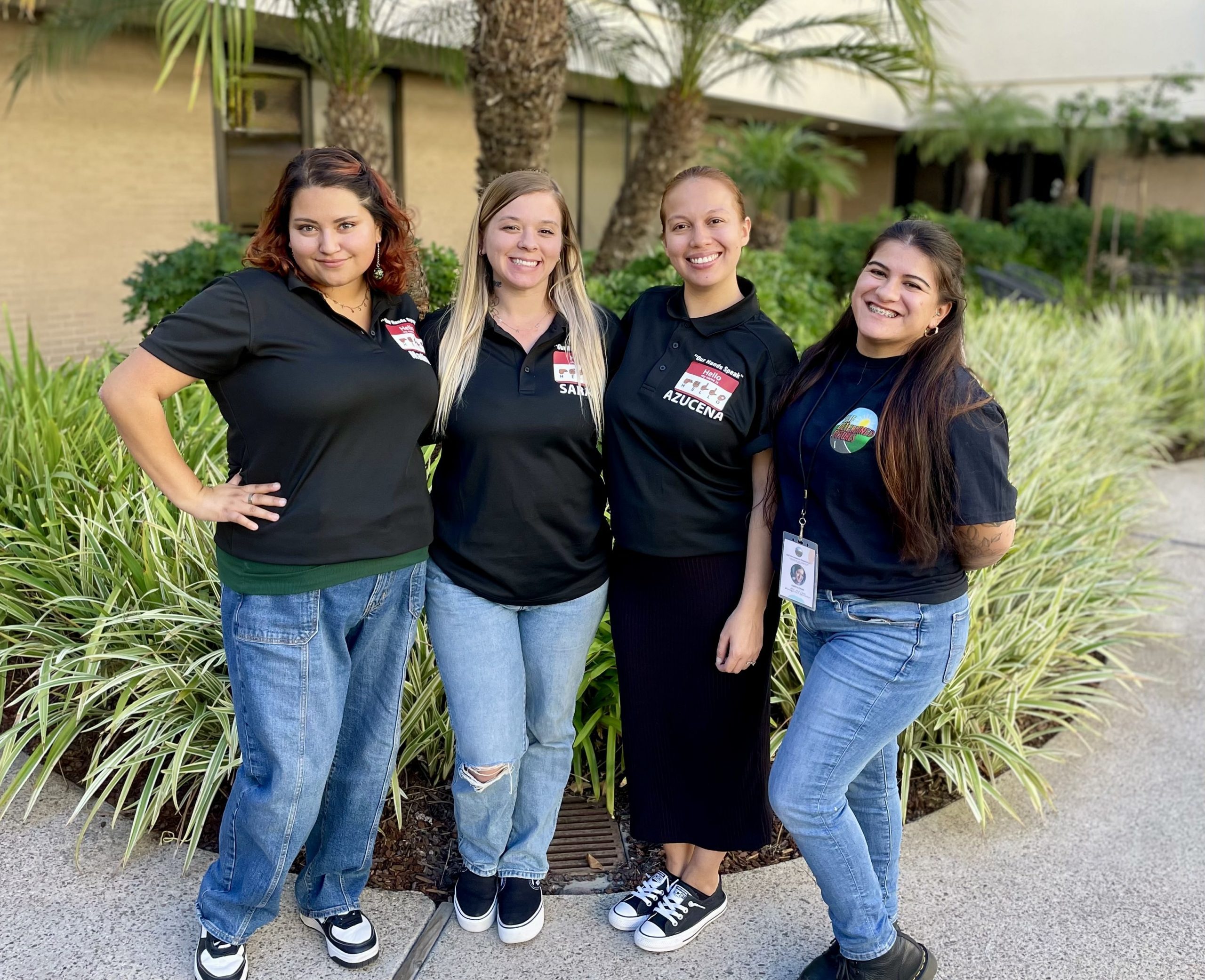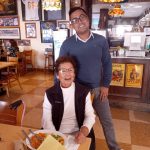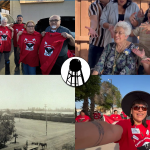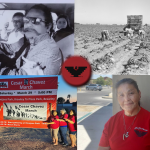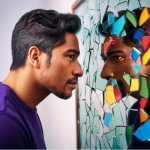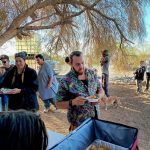submitted by madison gonzalez
edited by sarina e. guerra
Although the term Deaf+ isn’t widely known, it represents a unique community of individuals who are Deaf and also live with blindness, Cerebral Palsy (CP), or Autism Spectrum Disorder (ASD). While being Deaf is often seen as simply a lack of hearing, in my eight or so years of experience working with and advocating for Deaf+ individuals, I’ve learned that it’s actually more of an identity with its own culture, history, and language.
My personal involvement with the Deaf community started in high school when I began learning American Sign Language (ASL). Looking back, I can see that it was God working in my life because I only took ASL to avoid failing Spanish—again! But I picked it up quickly, and my passion grew into something much more. Some of my closest friends are Deaf, and I even enjoy attending Deaf socials. What started as a requirement for my interpreting program (which I graduated from two years ago) became something I truly love.
A defining moment in Deaf culture for me was watching Nyle DiMarco on America’s Next Top Model.
It might sound silly, but I was rooting for him from the start. What stood out was that this wasn’t a documentary or an educational segment—this was a mainstream show that happened to feature a Deaf contestant. Millions of people were exposed to Deaf culture just by watching their regular entertainment. That’s what equal access looks like. Awareness is the first step to real change, and I work every day to help balance those scales.
For those who are Deaf+, the added complexities make finding accessible resources and day-to-day support a major challenge. Advocacy especially is something we see a high need for in this community, and too often I see these individuals being dismissed due to assumptions about their limitations. Everyone has limits, yet when it comes to people with disabilities, these limits are often seen as something negative and separate instead of just part of the broader human experience. Generally, Deaf+ people are expected to prove their worth, as if they need to earn their place in society. But their goals in life are the same as mine and probably yours—getting a job they enjoy, taking a class, learning to cook, moving to a new apartment, building lasting friendships, and maybe adopting a cat or two. They are important for the same reason you and I are—

Deaf+ people are everywhere contributing to their communities in ways big and small.
When it comes to issues of accessibility, a major focus of mine, one memory of a client in need of assistance sticks out to me. This woman in particular was being taken advantage of by her landlord. She wasn’t being heard—literally! So I stepped in to ensure her words carried the weight they deserved.
Want to support your local voices like Madison?
☕️ Buy us a coffeeWant to support People’s Press?

